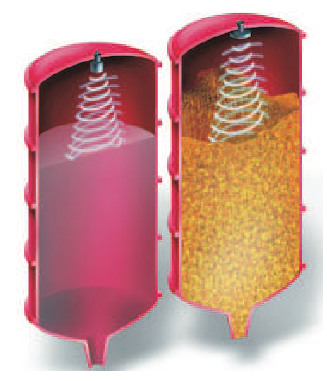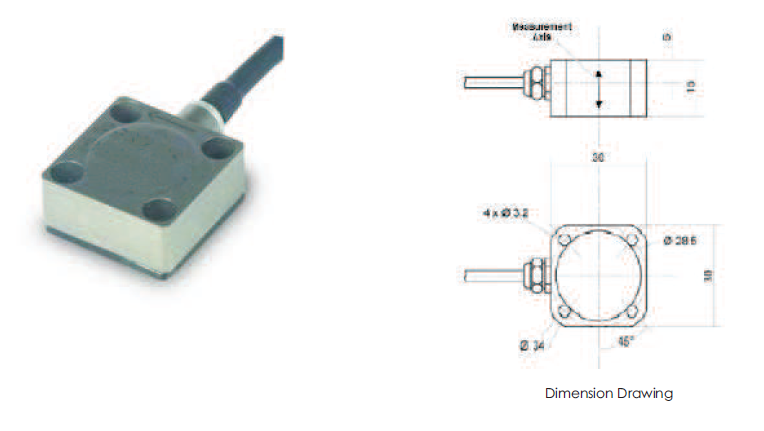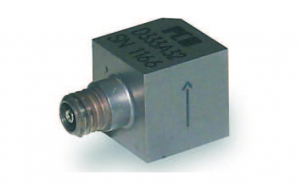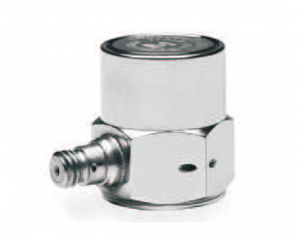Acceleration Sensors
At WSI, we have quite a wide range of Acceleration sensors under “BEST” brand name.
– Strain Gauge type Sensor
– Piezo resistive type Sensor
– Piezo capacitive type Sensor
– Piezo Electric Type Sensor
Our range of Acceleration Sensors starts from general purpose to most sophisticated high end Acceleration sensors for testing development purposes.
Common types of accelerometer sensors
Category Key Technology
Capacitive Metal Beam or Micro machined feature produces capacitance; change in capacitance related to acceleration.
Piezoelectric Piezoelectric Crystal mounted to mass – Voltage output converted to acceleration.
Piezo-Resistive Beam or Micro machined feature whose resistance changes with acceleration.
Hall Effect Motion converted to electrical signal by sensing of changing magnetic fields.
Magnetoresistive Material resistivity changes in presence of magnetic fields.
Heat Transfer Location of heated mass tracked during acceleration by sensing temperature.
Important Handling / Installation Requirements for Acceleration Sensor
-Rigid Mounting
- Beeswax
- Double sided tape
- Bolt(s)
-No loose Wires
- Loose wires can create false signals.
- Secure wires firmly to mounting body.
– Weight of Sensor
- Should be approximately an order of magnitude less than the object being measures.
– Don’t drop the Sensor.
- Extreme jerring accelerations can cause permanent errors in device output.
Effect of Tilt
- DC response sensors measures tilt. Mounting errors are therefore significant.
- At 1 degree tilt in the 0g position creates an output error equivalent to a 10 degree tilt in the +1g or -1g positions.
- 0 g is most sensitive to mounting errors.
Strain Gauge Accelerometers
(BAS-011)
The BAS-011 is a general purpose accelerometer that is especially useful for measuring very low frequencies. Compared with oil damped accelerometers, the air damped BAS-011 is less sensitive to temperature variations, thus providing more accurate measurements.
The sensing element is fitted with a fully temperature compensated wheatstone bridge comprised of high stability, micro-machined silicon strain gauges.Packed in a rugged aluminum alloy case, the BAS-011 accelerometers are easy to mount.
- Full scale range +/- 2 g to +/- 500g
- DC response
- Solid state reliability
- High over range capability
- integrated over range stops
- Built-in critical air Damping (~0.7)
- Lightweight aluminum alloy construction
- Operating temperature range from -20 to +80 degree celsius
- High level 2mv/V output.
- Impedance: 350 Ohms, 4 wire circuit.
Technical Specifications
Linearity: +/-2% FS
Transverse Sensitivity: >/= 3% FS Standard (+/-1% Optional)
Compensated temperature range: 0 to 60 degree celsius
Zero shift in OTR: </= 2% FS/60 degree celsius
Sensitivity shift in OTR: </=2% of Reading / 60 degree Celsius
Weight: </= 25 grams
Construction material: Aluminium
Piezoresistive Accelerometer
(BAS-022)
WSI’s BAS-022 is Piezoresistive Accelerometer consists of a piezoresistive MEMS sensor, a semiconductor temperature sensor and all of the necessary front end signal conditioning which includes data acquisition, data processing and the intelli bus compliant digital bus. It is packed in a small, low profile metal case with two pigtail connectors which are used for chaining the intellibus based network. Its low noise front end signal conditioning and programmable gain allows for measurement of a wide range of vibration levels. Temperature readings from its built in sensor may be used for on or off board temperature corrections.
There are two software selectable 3-pole anti aliasing filters. One with a cut off frequency at 2KHz and other at 360Hz. The 16bit ADC samples data at a programmable rate up to 250 ksps. A powerful processor performs digital signal processing algorithms.
Features:
- Digital output
- Programmable full scale +/- 12.5g to +/- 1000 g
- Noise Floor: 12 mg rms
- Frequency Response: Dc to 5 KHz
- Programmable Digital Filter
- Filter Corners; 10Hz to 12 KHz
- 16 bit ADC with sample rate upto 250ksps
Specifications:
Dynamic Characteristics Units
Full scale input range g pk +/- 12.5 to +/- 1000 g programmable
Accuracy % +/- 0.2 Electronic Signal Conditioner
+/- 1.5 Sensor Calibration Uncertainty at 100 Hz
Noise % 0.2 of Full scale max
Thermal Sensitivity Shift %/Degree F 0.002
Transverse Sensitivity % <5 Typical
Amplitude Linearity % <2
Bandwidth (F-5%) Hz 1 to 5000 no filter
Anti aliasing LPF Hz 3 Pole Butterworth
Piezoelectric Accelerometer General Purpose
BAS-033
Our model no BAS-033 is a general purpose Piezoelectric Accelerometer. The unit features a top connector mounting convenience in limited space. The accelerometer is a self generating device that required no external power source for operation.
BAS-033 have Crystal/Quartz/ Ceramic Element operating in annular shear mode. This sensor exhibits low base strain sensitivity, high resonance frequency and excellent output stability over time.
Signal ground is connected to the outer case of the unit and when used with an isolated mounting stud, the accelerometer case is electrically isolated from ground. A low noise coaxial cable is supplied for error-free operation.
Specifications:
Dynamic Characteristics Units Value
Charge Sensitivity
Typical pC/g 12.0
Minimum pC/g 8.5
Resonance Frequency KHz 10 to 200KHz
Amplitude Response(A) +/-5% Hz 1 to 10000
Transverse sensitivity % </= 3 (</=1 on special order)
Amplitude Linearity (B) % 1
Resistance Grounding Giga Ohms >/= 10
Temperature Range -55 to +177 Degree Celsius
Sealing Hermetically Sealed
Sinusoidal Vibration limit g pk 1000
Shock Limit g pk 2000
Base Strain Sensitivity Equiv g pk/strain 0.002
Thermal Transient Sensitivity Equiv g pk/Degree Celsius 0.002
Electromagnetic Sensitivity Equiv g rms/Gauss 0.0001
Case Material Stainless Steel/ Titanium
Connector coaxial, 10-32 threads
Mounting Torque Nm 2
[google-translator]




